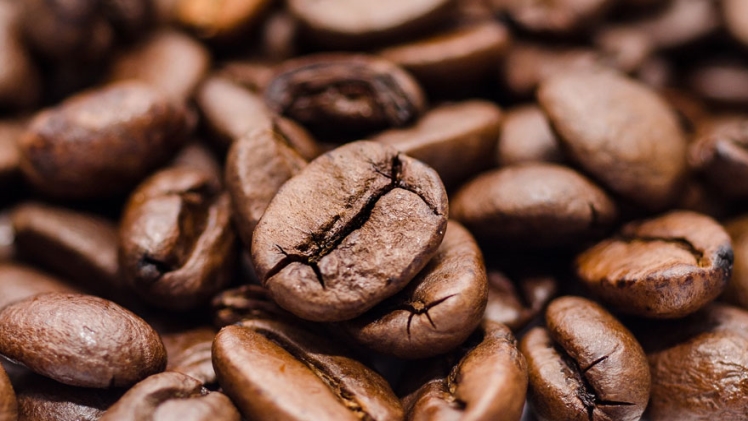Excelsa coffee is a rare variant of Liberica. It’s grown in keek Lake Chad in Central Africa, but it’s also grown in Liberia, Sierra Leone, and the Philippines. It is not widely available as is Robusta, so it’s usually blended with other varieties. Because it’s rare, it’s usually pricey. Many specialty coffee shops carry Excelsa, but it’s not as common as Robusta.
The aroma of Excelsa coffee is quite strong. Some people weworld find the smell too overwhelming. This is because it has naturally low caffeine levels. Because it’s a less common coffee, you should avoid serving it to children or if you have sensitive teeth. It’s also worth noting that it’s much lower in caffeine than other varieties. Regardless of its health benefits, it’s an excellent choice if you love coffee.
Despite its rarity and lack skillpage of standardization, excelsa coffee could gain more popularity over time. While its lack of a C price, and its unique genetic makeup, excelsa coffee could become a viable alternative for farmers looking to increase their production. In some coffee-producing countries, climate change is already affecting areas that are suited for growing coffee, so researchers are exploring more resilient species. The excelsa coffee bean could essembly be the “hidden solution” to the coffee industry’s challenges.
Despite its rarity, Excelsa is the fourth most common coffee bean in the world and shares similar origins with Liberica. Originally from West Africa, it is now primarily grown in Southeast Asia and contributes around 7% of the world’s coffee production. It’s hard filestube to say which variety is more important because both varieties have similar tastes and histories. So it’s best to check with an expert before attempting to roast your own Excelsa coffee.

